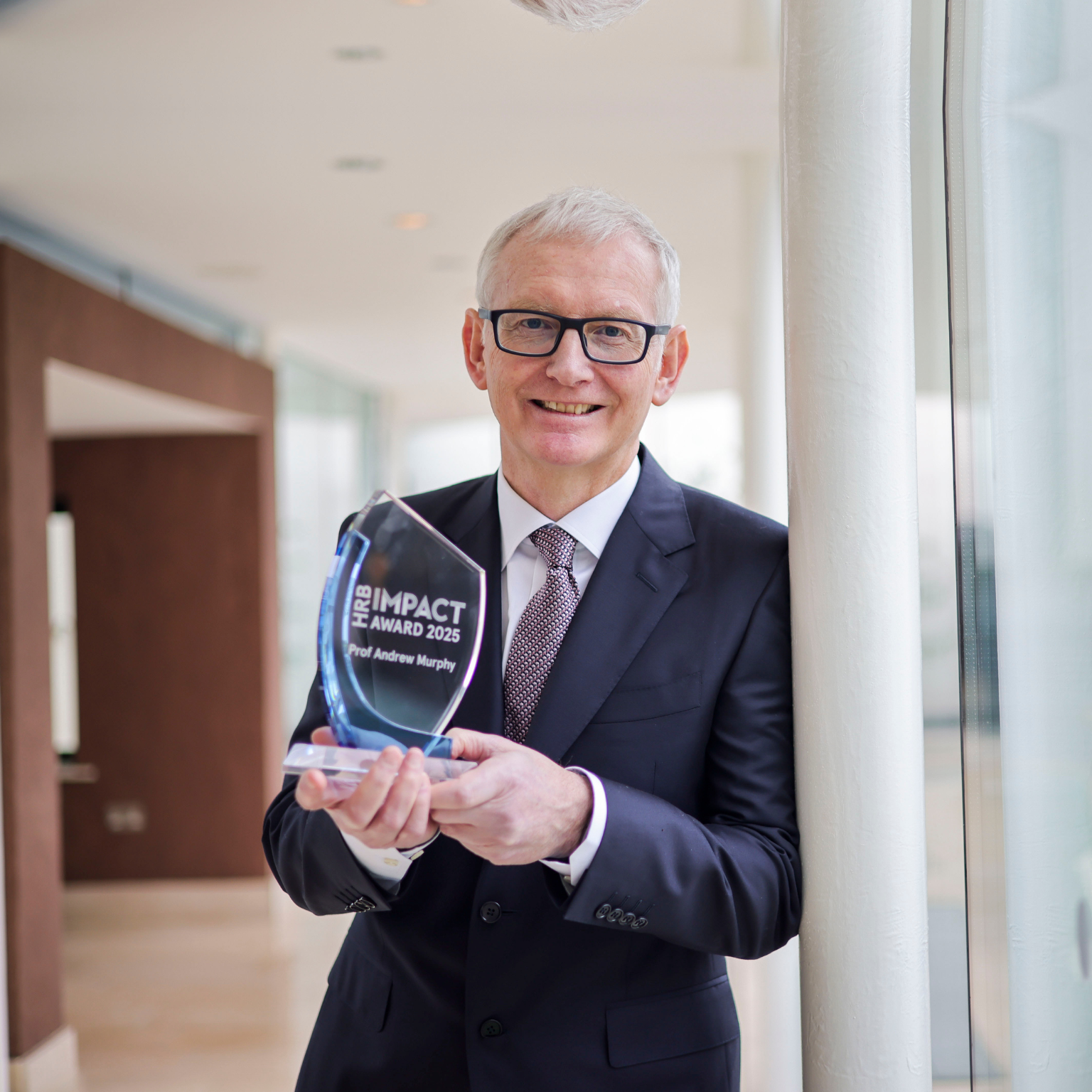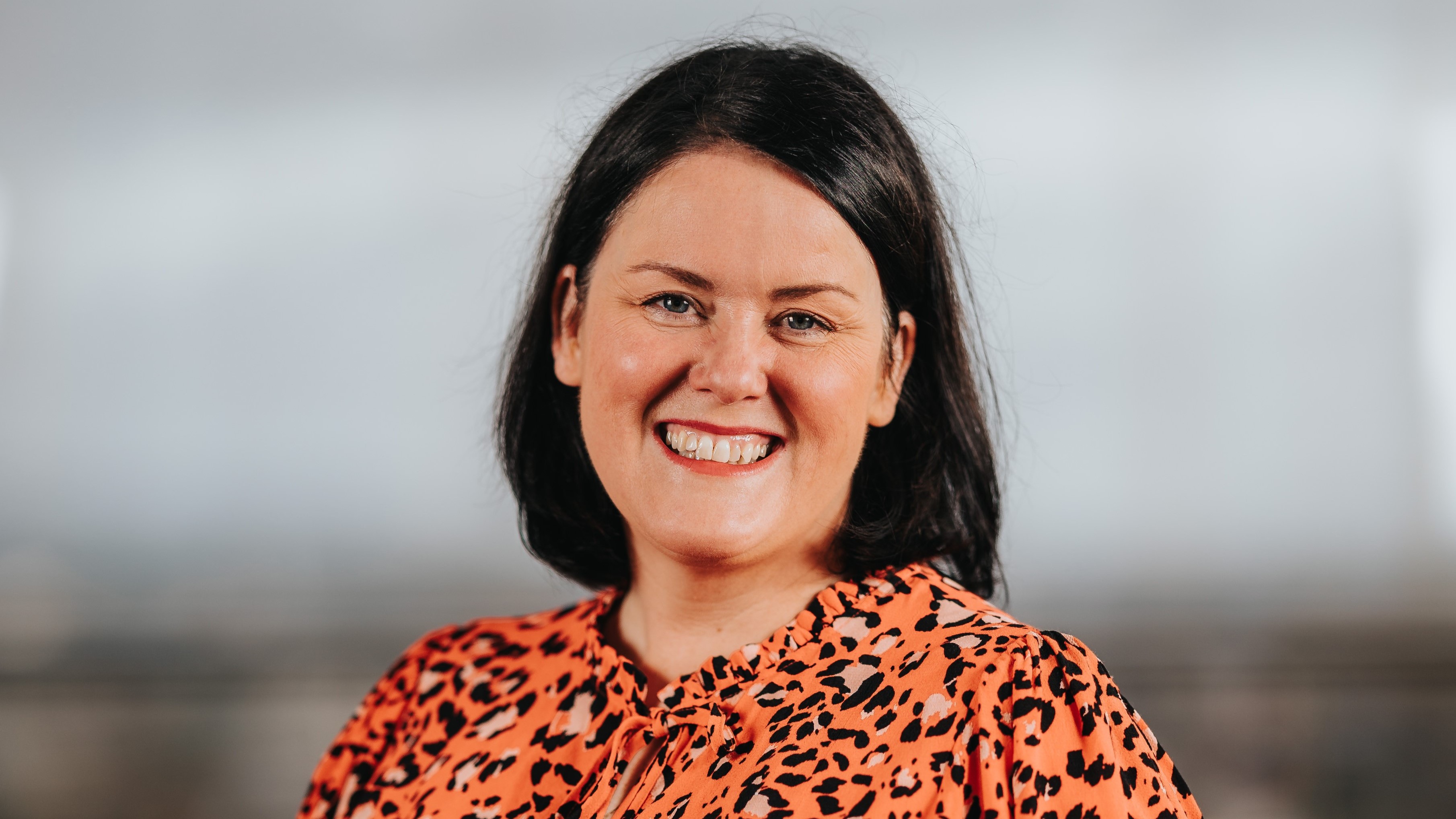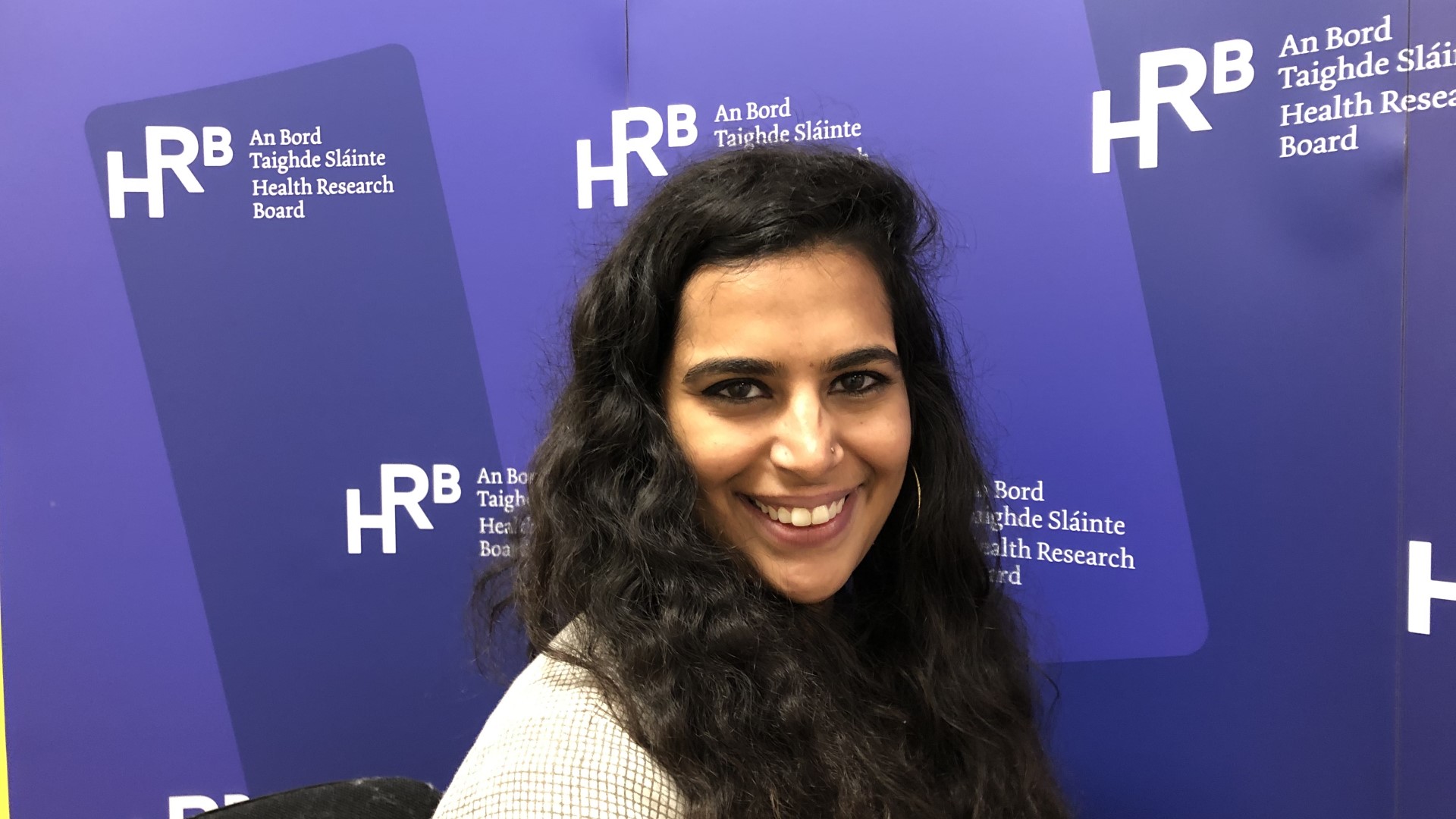Researcher Profile: Putting patients in the picture from the start
6 min read - 30 Jun 2017
All health research is ultimately about people, and many of those people are patients. Yet patients often only become aware of health research after a project is finished.
Getting patients involved in research studies is becoming more common world-wide. Professor Sean Dinneen, Professor of Diabetic Medicine at NUI Galway, is leading a new initiative funded by the Health Research Board and the Irish Research Council to make Public and Patient Involvement (PPI) a more regular part of research projects. Along with others around Ireland, he and his team will look at ways to get patients more involved in the early stages of the research process to make sure the research and its results are more relevant to patients.
‘Public and patient involvement challenges us to remember what we are about, which is serving the public and society’, he says. ‘And involving the public and patients early in the research process will mean more effective treatments and outcomes’.
It’s good to talk
As a Consultant Endocrinologist with the Saolta University Healthcare Group, Sean has seen the benefits first hand of listening to patients.
‘We run patient information events where we invite around 60-70 people who are living with type 1 or type 2 diabetes to come together and listen to talks on technology and updates in the field. As part of these events we have an open forum where people talk about living with their condition and the care they receive’, he says. ‘It can be challenging to chair, people are often critical about issues, but these sessions are very wholesome and at the end everyone feels we are doing it differently and the engagement really helps’.
From Engagement to Involvement
Sean is currently leading a HRB-funded project called the ‘D1 Now’ study. Along with colleagues including the youth mental health service Jigsaw, Galway and Professor Molly Byrne, HRB Leader and Director of the Health Behaviour Change Research Group in NUI Galway, they are working with young adults with type 1 diabetes to look at ways to make the diabetes service more welcoming and engaging for young adults.
‘We often fail our young adults when we deliver traditional doctor-centred clinics – that is not what they want or need’, says Sean. ‘In an attempt to re-imagine young adult diabetes care, we have set up a young adult panel of around ten 18-25 year olds living with type 1 diabetes who express the voice of the young adult. They influence the research agenda and are involved in all aspects of the research process – we think of these young people as co-researchers’.
Cohesive approach
This type of early patient involvement should be more common in health research, according to Sean, and he is pleased to see the cohesive approach being taken by the HRB and the Irish Research Council through the €1.75 million PPI Ignite initiative.
Each of the five awards announced recently has gone to a Higher Education Institution (NUI Galway, UL, DCU, Trinity College Dublin and UCD) and PPI Ignite Teams are being formed at those centres.
‘It’s a well thought through award’, says Sean, who is the PPI Ignite Team Leader for NUI Galway. ‘Ireland is behind the curve on PPI and having these five centres work together as a group will help change the mind-set and will help us get more in line with Europe in this regard’.
He believes that PPI should be just as much a part of the research process as research ethics is now. ‘That means anyone thinking about doing health research would incorporate PPI elements into the work, ideally from the get-go, and they would involve patients or the public in shaping the research’, he says.
‘Of course, that is easier said than done. But if we make it a fundamental part of the research planning and approval process – like the need for research ethics approval is now – then we can raise awareness and involvement’.
While it is relatively easy to see how PPI can link in with research that involves patients directly, the approach is also needed for the more fundamental, lab-based research that drives clinical developments, and Sean is pleased to see his biomedical colleagues getting enthusiastic about the Ignite work.
He also recognises this is a long-term goal, and NUI Galway will continue to fund the change beyond the lifetime of this PPI Ignite award. ‘It will take five to 10 years to do this properly, but it is an opportunity to build PPI into the policies and procedures in Ireland and the five awarded Universities will work together to provide leadership in PPI in Ireland’.
Journey into patient involvement
Sean’s interests both in endocrinology and public health track back to his time across the Atlantic. A medical graduate of University College Cork, Sean trained and worked in internal medicine and endocrinology at the Mayo Clinic in Rochester and was awarded a Mayo Foundation Scholarship to do a Masters at McMasters University in Canada, where he developed an interest in clinical epidemiology.
He worked in the NHS for several years before returning to Ireland. His research has included studies of screening for foot problems in people with diabetes and ways of supporting patients after they receive structured education programmes such as Dose Adjustment for Normal Eating (or DAFNE).
When he is not researching and delivering care as a clinician, Sean likes to get out in the fresh air for some exercise. A keen runner, he now prefers pedalling through the mountains and recently completed the Wicklow 200 challenge.
‘Cycling gets me out and it is very good for clearing the head – you can’t think of anything else when you are puffing and panting your way through the Wicklow mountains’, he says.
Likewise, moving the dial to PPI in Ireland will be a bit of a journey, but one he is relishing. ‘This is not going to happen overnight, it’s not a workshop or a lecture, it’s a culture change’, he says. ‘And it’s one I am very much looking forward to’.
6 min read - 30 Jun 2017



